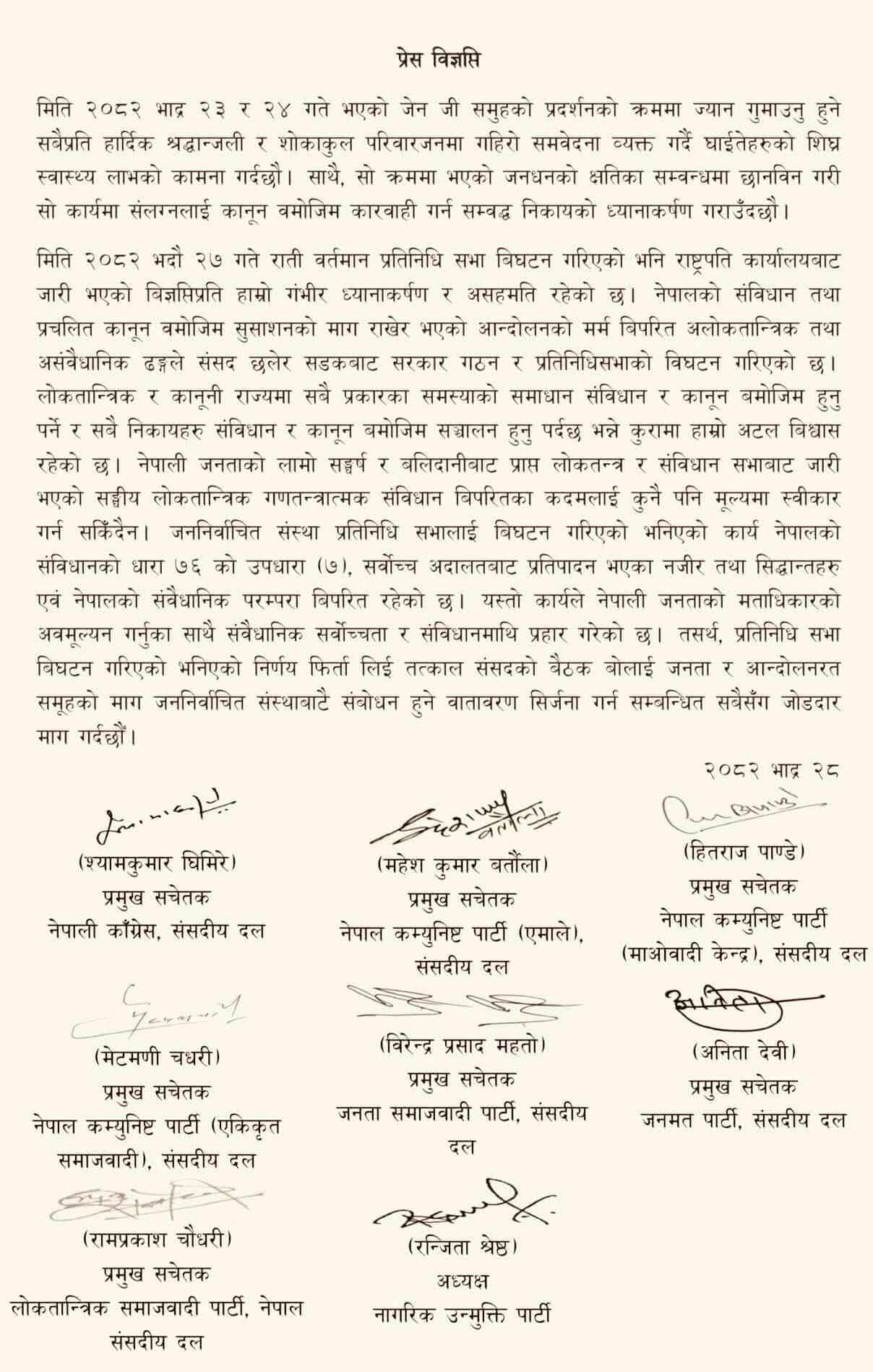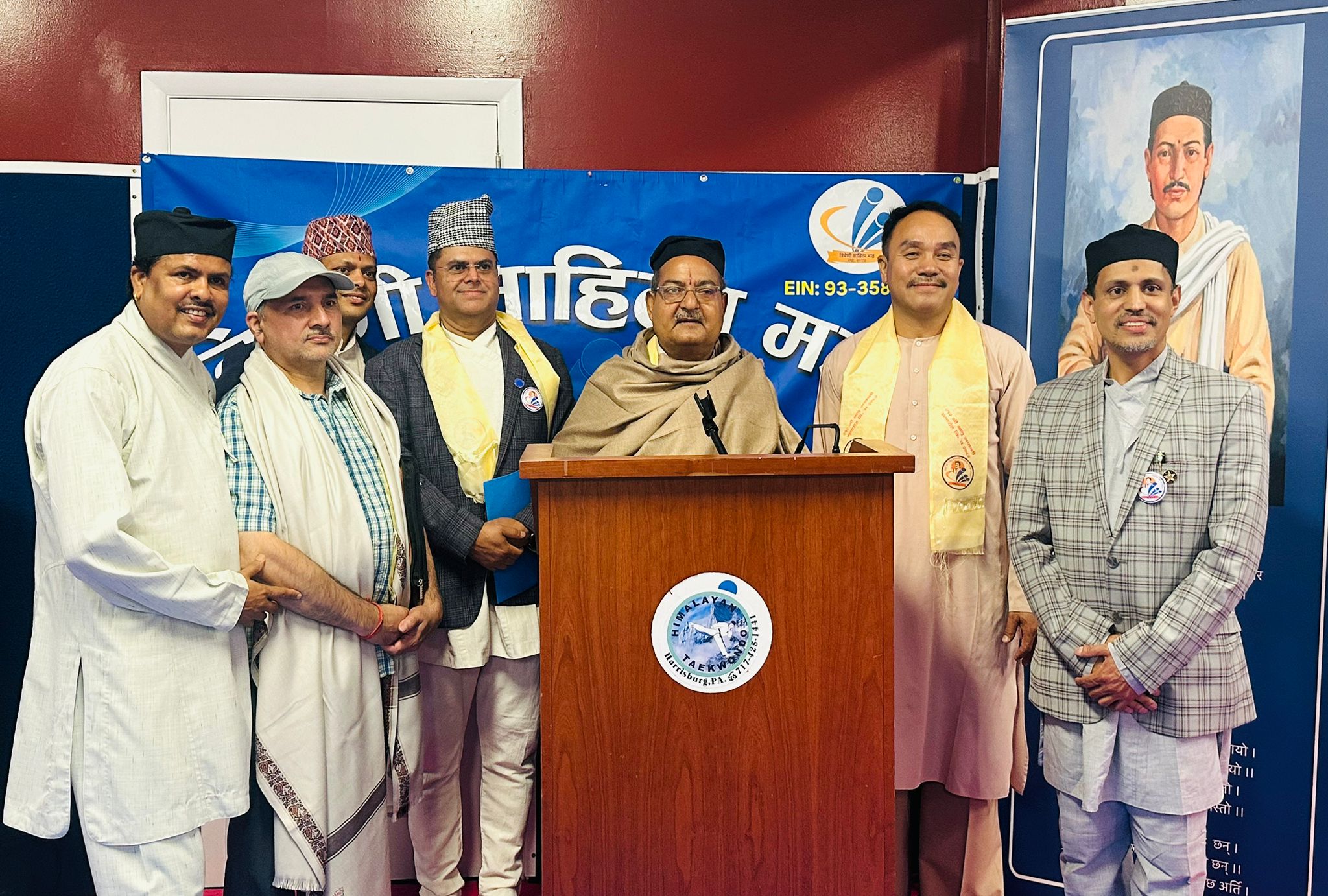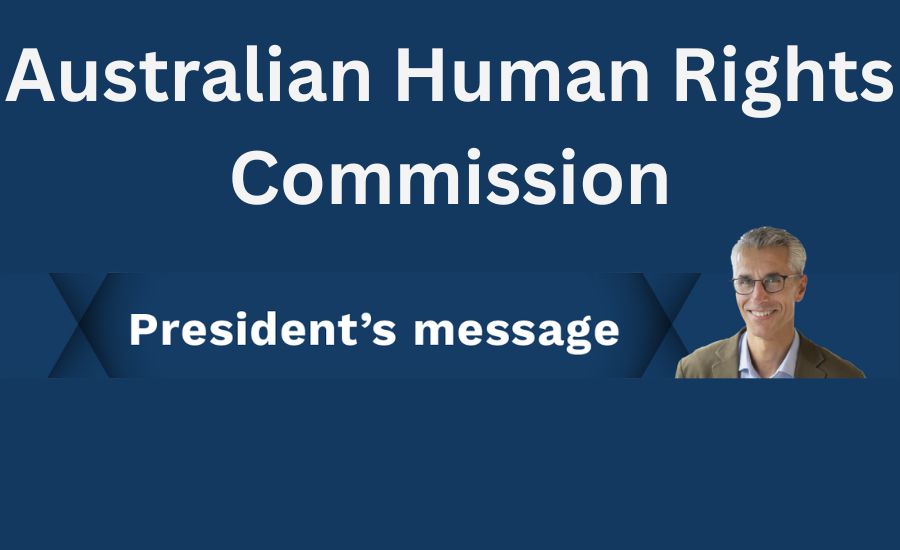Autism, a neurodevelopment condition affecting children, is becoming an increasingly prevalent issue in Nepal. However, despite the growing number of affected individuals, the government has yet to implement a comprehensive national strategy to support people with autism and their families. While local governments and social workers have initiated some programs, they remain fragmented and insufficient to address the scale of the problem.
In an effort to raise awareness and spark action, film maker Mrs. Anita Pandit recently released the film MEERA – Shadow of the Rainbow, which aims to bring attention to the struggles faced by families affected by autism in Nepal. The film is not only a form of public awareness but also a call to action for the government and society to recognize the importance of creating a structured framework for autism care in the country.
The Growing Autism Crisis in Nepal
Autism is increasingly being recognized in Nepal, but there remains a significant gap in public knowledge and understanding of the condition. According to Pandit, in lower-income and rural communities, many families are reluctant to seek help, often due to the stigma surrounding autism. There is a prevailing fear of judgment and a lack of information on how to address the condition effectively. This lack of awareness leads to delayed diagnoses and inadequate support, leaving families to struggle in isolation.
“The social perception of autism in Nepal is still heavily influenced by stigma and misinformation. Many families feel ashamed or fearful of seeking help for their children,” said Pandit Jew, whose film highlights the challenges families face in raising children with autism. “In lower-income communities, the financial burden of treatment, coupled with the lack of access to professional care, only adds to their difficulties.”
The Need for a National Strategy
Currently, there is no centralized, government-led initiative to provide support for people with autism in Nepal. Although some local governments have implemented small-scale programs, they are not enough to address the nationwide issue. Families, particularly those in remote areas, often have to travel to major cities for treatment, adding an economic strain that many cannot afford.
Pandit emphasized that the government’s role in creating a national autism strategy is critical. “Without a national strategy, autism care remains disjointed and inaccessible for many families. The government needs to step in with a clear, concrete plan to address the needs of individuals with autism,” she said.
In addition to the lack of a formal government plan, Nepal faces a shortage of trained professionals in the field of autism care. This shortage leaves families with limited options and contributes to the high cost of treatment, further exacerbating the economic burden on families already struggling to make ends meet.
Public Awareness Through Film and Collaboration
In an effort to bridge the awareness gap, Pandit’s film MEERA – Shadow of the Rainbow aims to educate the public about autism and the impact it has on families. The film is being screened in special programs to reach a wider audience and is receiving support from families, healthcare providers, and organizations that specialize in autism care.
“We want to show how important it is for society to understand autism and how families can support their loved ones through awareness and proper care,” said Pandit. “This film is not just about telling a story, but about starting a conversation that leads to change.”
The film is also a stepping stone toward collaboration with other organizations. “We have been working with non-profits and donors to provide financial and emotional support to families affected by autism,” Pandit explained. “This collaboration is essential for raising awareness and creating long-term solutions.”
The strategy focuses on early diagnosis, evidence-based interventions, support for families, and community integration, ensuring that individuals with autism receive the necessary care and opportunities to thrive.
According to experts, Nepal could benefit from a similar framework that includes:
- Early Intervention: Programs that help detect autism early and provide immediate support.
- Accessible Services: Ensuring that care is available not just in major cities, but also in rural areas through mobile clinics or online resources.
- Financial Support: Government subsidies for families to help cover the costs of treatment and therapy.
- Training for Professionals: Increasing the number of trained professionals to meet the demand for autism care.
Pandit’s efforts, though commendable, are just one part of a much larger need. The government of Nepal must take swift and decisive action to create a comprehensive autism care strategy that includes early diagnosis, accessible services, and financial support for families. Public awareness campaigns and collaboration with international organizations could also help pave the way for a more inclusive and supportive society for people with autism.
“It’s time for the government to acknowledge the scale of the issue and implement a national strategy that addresses the needs of families affected by autism,” said Pandit. “Through awareness, support, and collaboration, we can transform lives and ensure that individuals with autism have the opportunities and resources they need to succeed.”
As Nepal grapples with this growing concern, the message is clear: it’s time to act.






















Comments